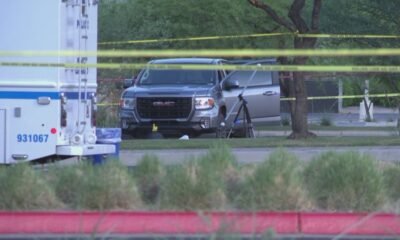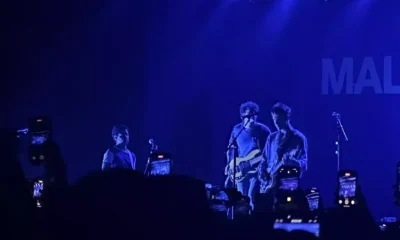building codes
Sedona’s Small-Town Charm Sparks Excitement with New International Codes

On December 12, the Sedona City Council convened to review proposals for new building and land use codes, alongside updates from the Housing Department regarding initiatives to promote affordable housing without altering existing codes.
Earlier, on December 10, the Council had voted to raise development impact fees significantly, estimating an increase between 106% and 139%.
2024 International Building Code
Community Development Director Steve Mertes outlined plans for adopting the 2024 version of the International Building Code (IBC) by late 2025. Currently, Sedona operates under the 2018 IBC. The update aims for a coordinated approach with neighboring municipalities and the Yavapai Contractor’s Association. “They have a representative sitting in with this committee,” Mertes noted regarding the involvement of local contractors.
Mertes also indicated that further updates to the city’s Land Development Code (LDC) are on the table, including potential landscaping requirements focusing on fire safety. Councilman Brian Fultz inquired about efforts to revise code requirements that might impose unwanted obligations on developers. Mertes confirmed these discussions are ongoing.
Councilman Pete Furman suggested exploring “form-based building” as a zoning alternative. City Manager Anette Spickard defined it as an approach prioritizing design standards over uses, but she raised concerns about implementing it within the next 18 months. She emphasized that LDC updates would take precedence and suggested revisiting the creation of an Uptown Community Focus Area, a process nearly completed previously.
Vice Mayor Holli Ploog countered, stating that the CFA process was far from done. Councilwoman Kathy Kinsella likened the process to “overtaking aspirin,” while Councilwoman Melissa Dunn stressed the importance of codifying building and development processes to retain institutional knowledge as city staff changes.
Housing
Housing Manager Jeanne Frieder expressed enthusiasm about the city’s progress in housing initiatives. She shared updates on the down payment assistance program, which has facilitated seven home purchases over two years, offering loans up to $40,000. However, Frieder noted challenges, particularly with the Rent Local program, aimed at encouraging short-term rental owners to switch to long-term rentals, which has yielded only 11 participating homes.
Regarding the deed restriction program preventing future short-term rentals, Frieder reported that 13 restrictions have been implemented since its launch last year. The city also closed its request for proposals for the Sunset Lofts project on December 12, receiving seven submissions. Frieder assured the Council that progress on the Villas on Shelby project is imminent, with building permit submissions expected before the end of December.
Vice Mayor Ploog commented on the high cost of “real affordable housing,” suggesting it hovers around $800 for an apartment. Councilman Fultz proposed establishing a donation fund for affordable housing initiatives, a suggestion City Attorney Kurt Christianson confirmed was legally feasible.
Homelessness
Councilman Derek Pfaff suggested an alternative to the city’s earlier plan of renting hotel rooms for emergency cold weather shelter for the homeless. He proposed using the Sedona Posse Grounds or nearby spaces instead, questioning the necessity of opening the police department’s lobby for this purpose. “If we have space we can use, why aren’t we using it?” Pfaff urged.
Councilwoman Dunn emphasized the importance of having trained staff on-site to ensure safety and effective management of any proposed shelter. “You’d want to make sure our property is safe,” she added.


















